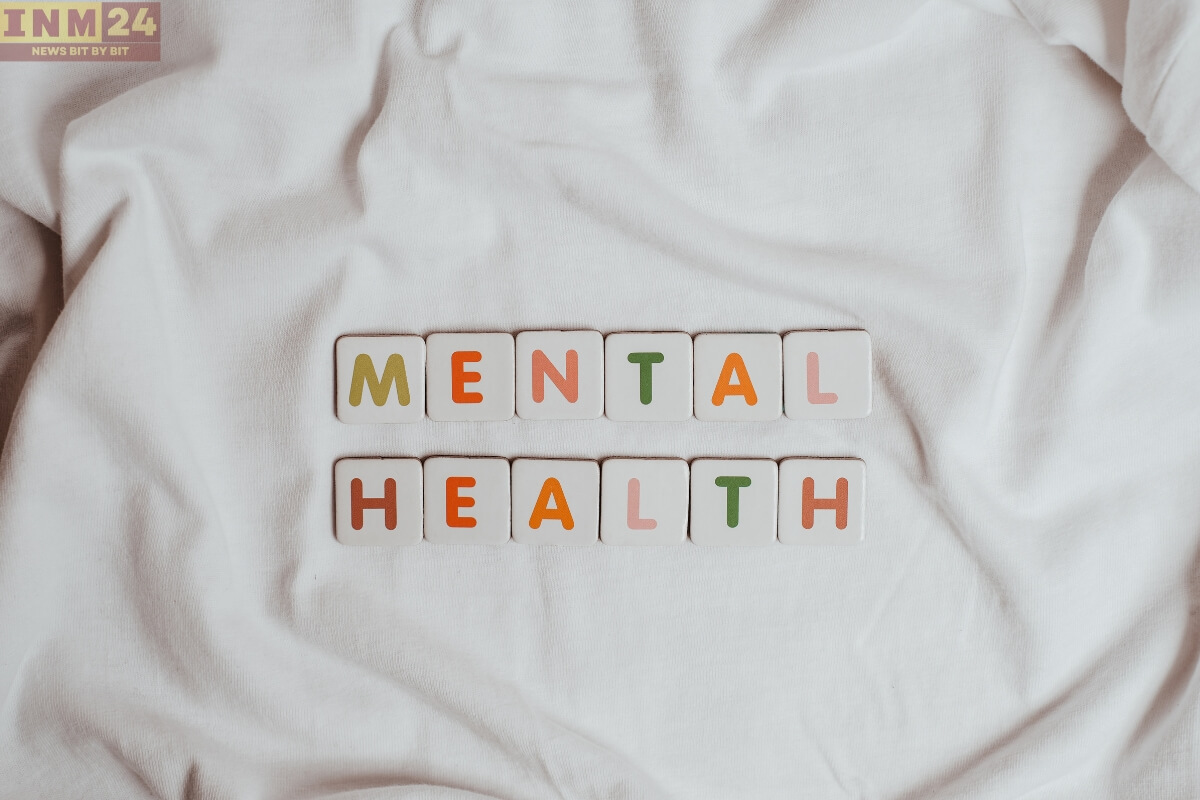Generation Z, often referred to as Gen Z, encompasses individuals born between the mid-1990s and the early 2010s. Growing up in the digital age, Gen Z faces a unique set of mental health challenges that are influenced by factors such as technology, social media, academic pressures, and societal expectations. As mental health concerns among this demographic continue to rise, it’s essential to understand the challenges they face and provide strategies for healing and resilience.
The Impact of Social Media and Academic Pressure on Gen Z’s Mental Health
One of the significant mental health challenges confronting Gen Z is the prevalence of anxiety and stress. With the constant exposure to social media and the pressure to succeed academically and professionally, many young people experience heightened levels of stress and worry. This can lead to anxiety disorders, panic attacks, and difficulty coping with everyday challenges.
Depression is another prevalent mental health issue among Gen Z. Feelings of loneliness, isolation, and inadequacy are common, exacerbated by the curated perfectionism often portrayed on social media platforms. The pressure to conform to unrealistic beauty standards and achieve unattainable levels of success can contribute to feelings of hopelessness and despair.
Additionally, the rise of cyberbullying and online harassment poses significant mental health risks for Gen Z. The anonymity and accessibility of social media platforms make it easier for individuals to engage in harmful behaviors, leading to feelings of shame, humiliation, and low self-esteem among victims.
To address these mental health challenges, it’s crucial to provide support and resources tailored to the unique needs of Gen Z. Psychiatrists and mental health professionals play a vital role in offering guidance and healing strategies to help young people navigate their emotions and build resilience.
Prioritizing Self-Care and Healthy Boundaries for Gen Z’s Mental Health
Dr. Samantha Lee, a psychiatrist specializing in adolescent mental health, emphasizes the importance of holistic approaches to healing. “It’s essential for Gen Z to prioritize self-care and establish healthy boundaries with technology and social media,” says Dr. Lee. “Engaging in activities such as mindfulness, meditation, and physical exercise can help reduce stress and promote emotional well-being.”
Furthermore, fostering open and honest communication about mental health is essential for reducing stigma and promoting early intervention. Providing access to mental health resources, such as therapy, support groups, and crisis hotlines, can empower Gen Z to seek help when needed and cultivate a sense of community and belonging.
Educating young people about the importance of self-compassion, self-acceptance, and resilience-building skills is key to promoting mental health and well-being. Encouraging healthy coping mechanisms, such as journaling, creative expression, and spending time in nature, can help Gen Z manage stress and cultivate a sense of inner peace.
Gen Z faces a myriad of mental health challenges in today’s fast-paced and digitally-driven world. By raising awareness, providing support, and offering healing strategies tailored to their needs, we can empower young people to prioritize their mental health and build fulfilling lives. Together, we can work towards creating a more compassionate and supportive society where mental health is prioritized and stigma is reduced.
